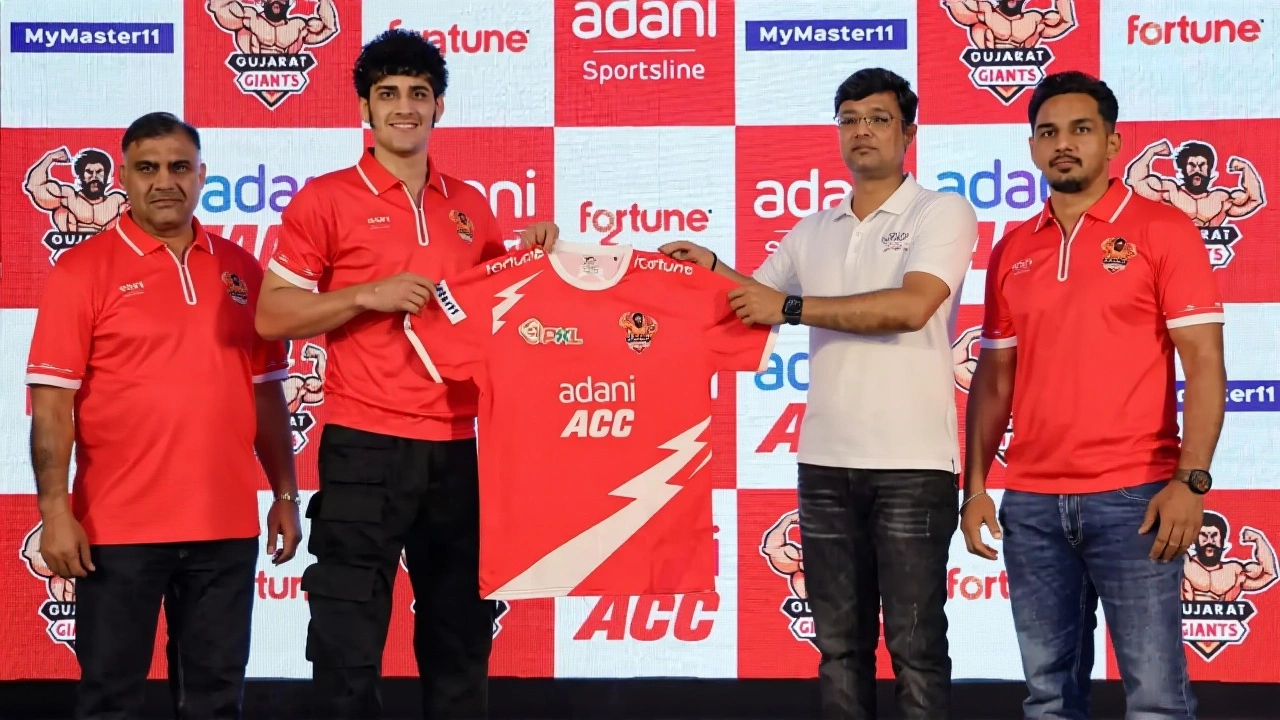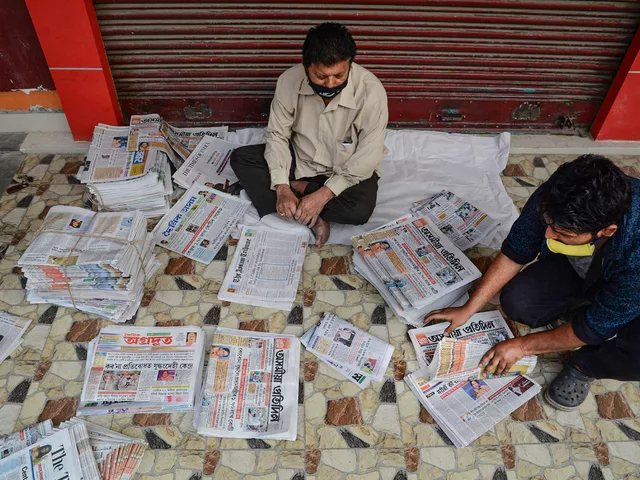Mohammadreza Shadloui – In‑Depth Analyses on Indian Politics, Media & Society
When working with Mohammadreza Shadloui, a seasoned Indian journalist and commentator. Also known as M. Shadloui, his pieces often link Indian politics with media coverage and bureaucratic dynamics. This mix gives readers a clear view of how power, news and administration interact in today’s India.
Indian politics is the backbone of his reporting. He breaks down policy shifts, election results and party strategies into bite‑size takeaways. By highlighting who votes, what bills pass, and why leaders push certain agendas, Shadloui shows that politics isn’t just headline noise; it’s the engine that drives economic choices and social change. His focus on constituency‑level impacts makes the abstract world of legislation feel personal and relevant.
Media coverage is the next big piece of the puzzle. Shadloui points out how newsrooms chase TRP ratings, often favoring sensational political drama over steady reporting. He explains that when media leans toward one narrative, public perception tilts, shaping voter behavior and policy support. By exposing the feedback loop between politics and the press, he equips readers to spot bias and demand balanced information.
Bureaucratic dynamics also get his attention. He dives into the frequent transfers of IAS officers, like the high‑profile cases of Ashok Khemka and Durga Shakti Nagpal, illustrating how political pressure can scramble administrative continuity. This scrutiny reveals a hidden layer where policy execution can be stalled or redirected, affecting everything from land reforms to education initiatives. Understanding these moves helps readers see why some reforms stall despite political promises.
Social issues such as crime, education, and diaspora life appear throughout his work. Whether it’s covering a harrowing crime case in Uttar Pradesh, weighing the pros and cons of private schooling, or describing the challenges an Indian expat faces in Italy, Shadloui connects these stories back to larger systemic forces. By doing so, he shows that everyday experiences are often shaped by the same political and bureaucratic currents he explores elsewhere.
Because the site focuses on real‑estate news, Shadloui also offers market‑related insights. He links policy decisions—like zoning changes or tax reforms—to property price movements, helping readers understand why a new regulation might spike apartment costs in a metro city. This bridge between macro‑policy and micro‑investment gives a practical edge to his analysis, especially for readers watching the Indian property market.
What you’ll find below
Below is a curated collection of Shadloui’s articles that span politics, media bias, bureaucratic case studies, social commentary and real‑estate trends. Each piece reflects his knack for turning complex systems into clear, actionable narratives. Dive in to see how his reporting weaves together the forces that shape today’s India.

Gujarat Giants Oust Captain Shadloui, Name Rakesh Ahead of Jaipur Game
Gujarat Giants dropped Iranian captain Mohammadreza Shadloui and named Rakesh as the new leader ahead of a Jaipur match, hoping to reverse a 1‑6 start in PKL 12.
Sports



